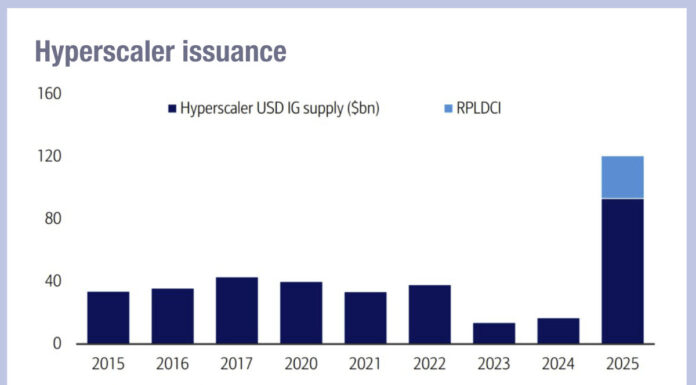 Relationships are becoming less important when buy-side traders are deciding which counterparties to trade with, as data on previous trading activity takes on a greater importance, according to new research from Greenwich Associates.
Relationships are becoming less important when buy-side traders are deciding which counterparties to trade with, as data on previous trading activity takes on a greater importance, according to new research from Greenwich Associates.
The analyst firm found that 29% of buy-side traders based counterparty selection for voice trading on relationships, but another 29% of traders rated historical hit rates and overall voice or electronic trading performance as the most important criteria for selection.
Previous trading activity or underwriting a deal were rated as of tertiary importance with pre-trade data coming in fourth place.
However, for electronic trading, relationships were considered far less important, with only 7% of investment grade and 13% of high yield traders using them to determine where to trade. Pre-trade information was the most important indicator of counterparties for both fixed income asset classes when trading electronically.
The report also finds that the proportion of trading across both high-yield and investment grade that is conducted by bulge bracket dealers has fallen, albeit with a single percentage point increase for high yield in the last year, while the number of dealer counterparties has increased, collectively suggesting that the reliance on major banks and dealers is reducing, particularly where data does not support those relationships.
The report itself notes that the adoption of transaction cost analysis (TCA) by corporate bond market participants is improving, with 38% of fixed-income investors saying they now use TCA, and finding its value primarily in post-trade review and desk oversight.
Author Kevin McPartland, head of research for market structure and technology at Greenwich Associates writes that “More transparency without new information leakage is ultimately what the market needs. More information on who holds what bonds, how every bond is actually executed and actionable information about a given bond’s liquidity profile are increasingly available and will benefit dealers and investors alike… Tapping new data and adding to existing market conventions will yield meaningful liquidity improvement for the buy side, while continuing to redefine the important role the dealers play.”
©Markets Media Europe 2025













